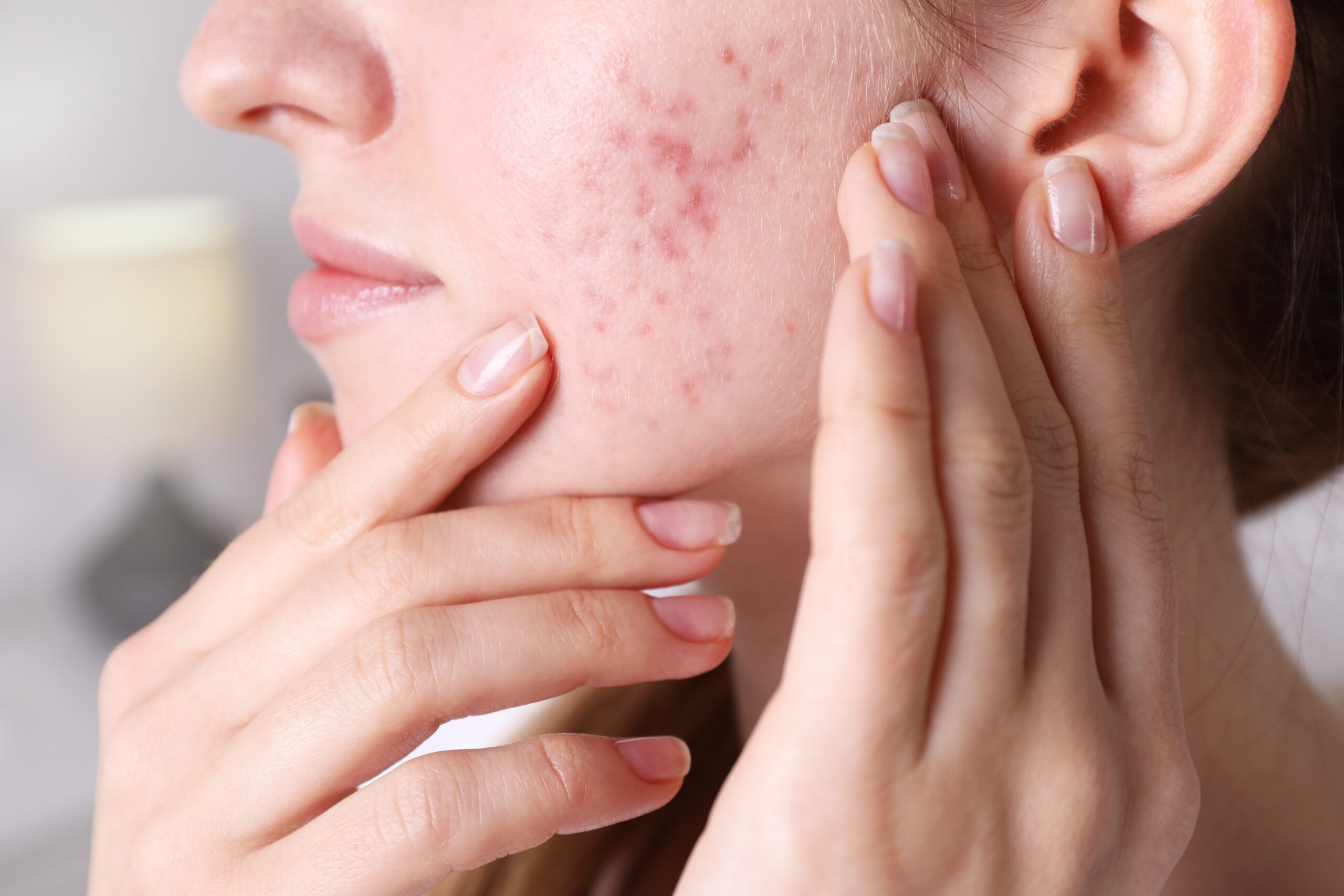A study published this month in the Journal of Agricultural and Food Chemistry found that the humidity and high temperatures commonly found in kitchens and bathrooms makes these unsuitable places to keep vitamin supplements. The potency of vitamins, particularly vitamin C and other water soluble vitamins, is rapidly degraded whenever the lid is opened and closed. Within a very short space of time, supplements kept in humid places could be devoid of the water soluble vitamin B complex and vitamin C.
Researcher Lisa Mauer points out that the first sign of nutrient degradation is usually brown spots appearing, particularly on children’s vitamins. She recommends that these should be discarded. Probiotics and fish oil supplements are particularly vulnerable to heat degredation and should always be kept in the fridge. Other supplements should be kept somewhere cool and dry and away from light. All supplements need to have their lids tightly on at all times other than the few seconds that it takes to get them out as needed.
Its not just supplements that lose their nutrients rapidly – the fruit and veg that we eat are packed with vitamins and minerals when they are first picked, but deteriorate nutritionally within hours. Buy and eat fesh fruit and veg wherever possible; shopping daily and buying from a local organic farm or farmers market ensures that produce has been picked more recently than if it has travelled miles to get to you. Essential fatty acids found in cold pressed seed oils such as sunflower and rapeseed oils are also vulnerable to degredation, turning rancid if they are left in a warm place. Store these oils in the fridge and avoid cooking with them and you’ll benefit from their health giving properties without exposing yourself to toxic chemicals.




